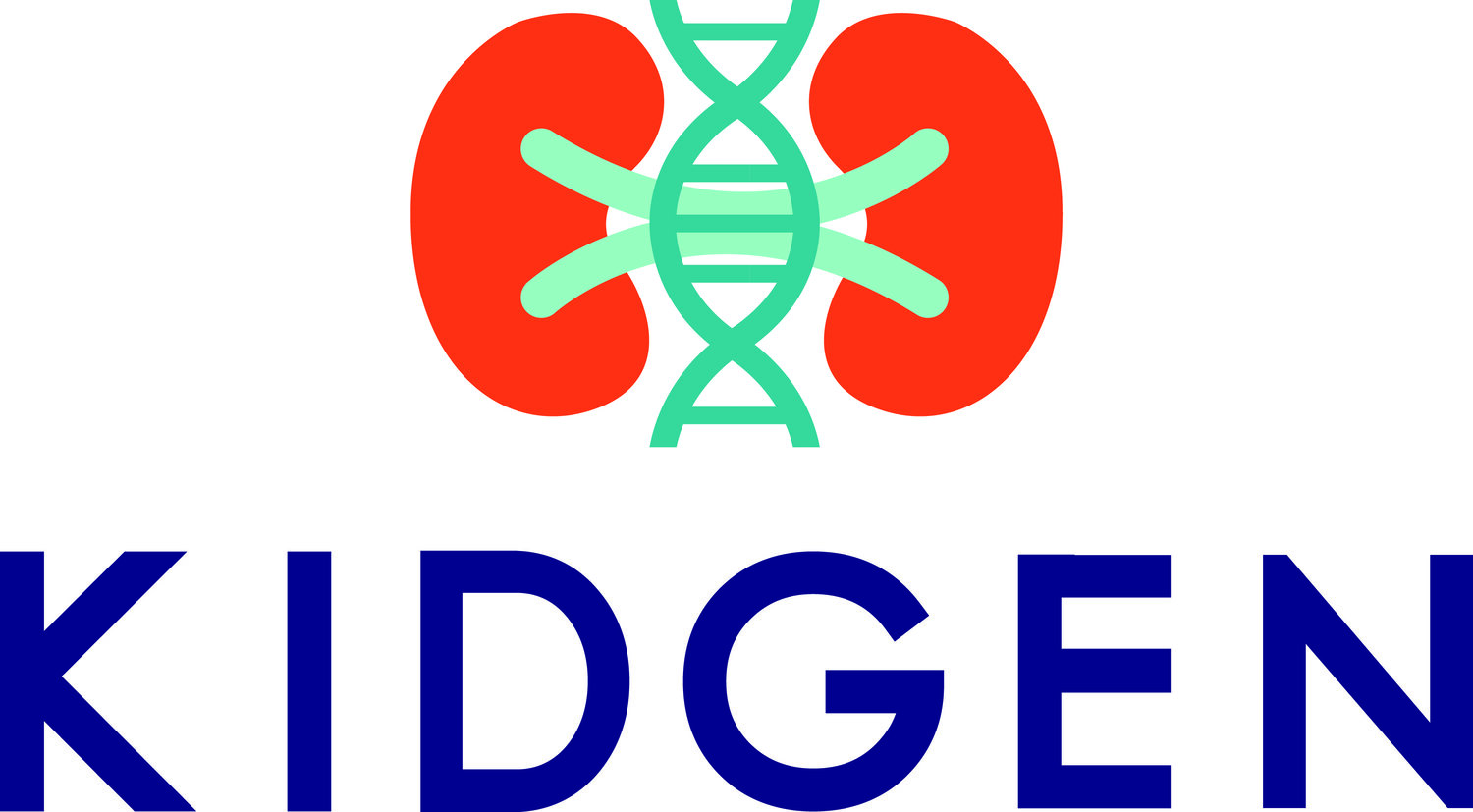
Who is KidGen?
“Australian-based consortium of clinicians, genetic counsellors, genetic diagnosticians and researchers.”
The KidGen Collaborative is an Australian-based consortium of clinicians, genetic counsellors, genetic diagnosticians and researchers. The group is focussed on providing a definitive diagnosis to patients with inherited forms of kidney disease in a supportive patient setting.
Through the KidGen Multidisciplinary clinics, we are working to provide equitable access to genomic technology for Australian families. At the same time, we are working to better understand these diseases in the hope of developing new treatments.
KidGen affiliated multidisciplinary clinics include a nephrologist (paediatric/adult or both), a clinical geneticist and a genetic counsellor. Most clinics operate once per month.
The first such clinic, at the Royal Brisbane & Women’s Hospital in collaboration with Genetic Health Queensland started in 2013. This was shortly followed by clinics at Westmead Hospital in Sydney and the Royal Children’s Hospital in Melbourne. The number of clinics has expanded rapidly since mid-2016 as a result of affiliation with the Genomics Health Alliance groups - Australian Genomics and Queensland Genomics as the KidGen Renal Genetics and HIDDEN Renal Genetics Rare Disease Flagships and Melbourne Genomics as the Kidney Genetics Flagship.
Connected to the clinics are a series of research endeavours spanning health services research, genomics and disease modelling. These research activities are focussed on expanding knowledge and understanding inherited kidney disease in both fundamental and clinically tangible ways.
Multidisciplinary Clinics expanding to 18 public hospitals Australia-wide

